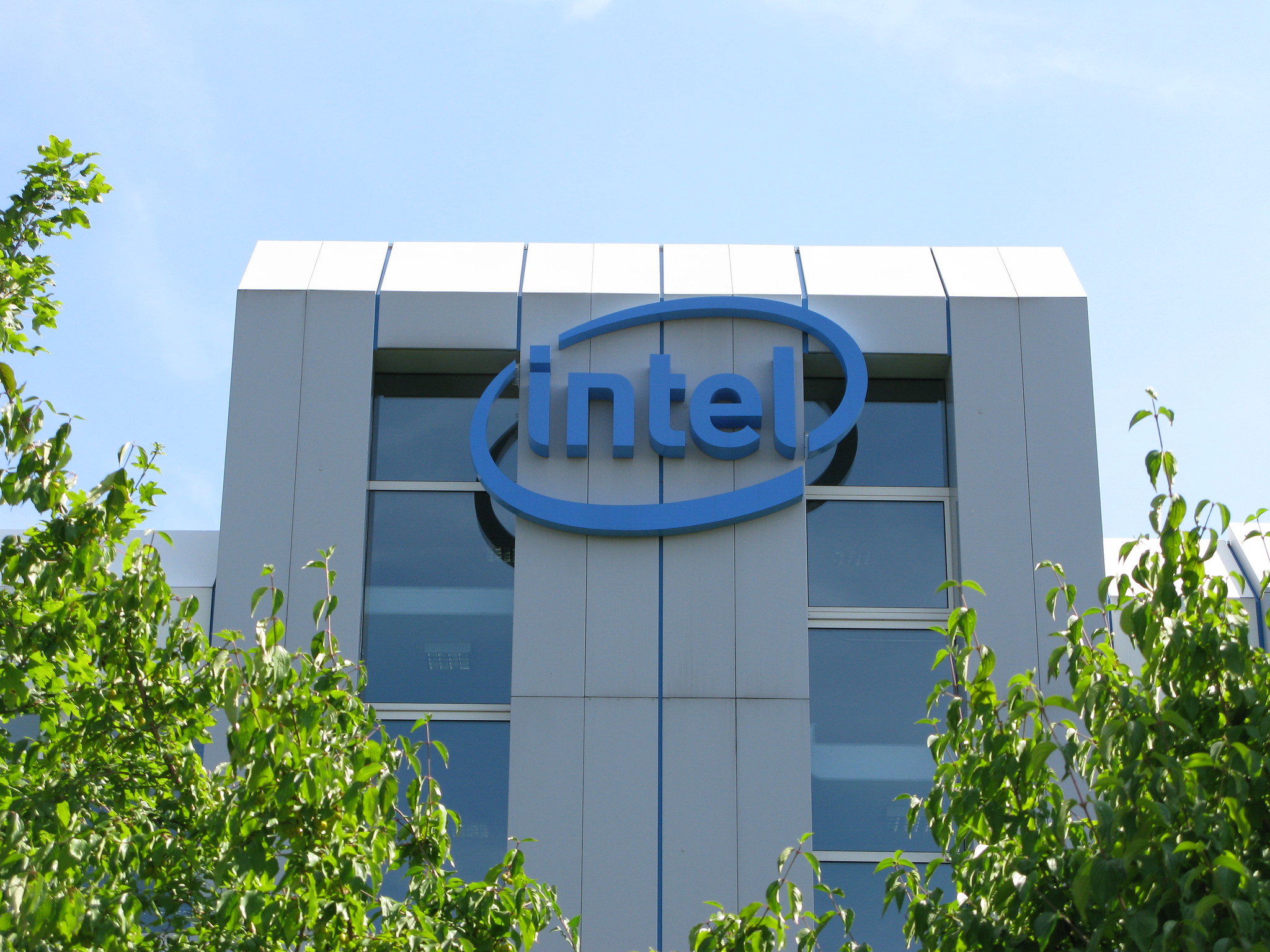 INFRA
INFRA
 INFRA
INFRA
 INFRA
INFRA
Intel Corp. will sell a 51% stake in its Altera field-programmable gate array unit to Silver Lake.
The companies announced the deal today. The transaction values Altera at $8.75 billion, just under half what Intel paid to acquire the company in 2015. Silver Lake, a private equity firm known for large tech deals, will reportedly pay the chipmaker about $3.4 billion in cash.
A field-programmable gate array, or FPGA, is a chip with reconfigurable circuits called logic blocks. Engineers can customize details such as the manner in which data flows between the logic blocks and the type of calculations they perform on the data. Such low-level optimizations make it possible to significantly increase the speed at which an FPGA runs applications.
An artificial intelligence startup could buy a set of FPGAs and optimize the chips to run its language models. A network equipment supplier, meanwhile, might use the same chips to power its routers. FPGAs are often used in situations where customized silicon is necessary for a hardware project, but designing a fully bespoke chip from scratch is too expensive.
Altera introduced the world’s first reprogrammable logic device, a type of early FPGA, in 1984. The chip stored data about its circuits’ configuration in a light-sensitive module. By shining an ultraviolet light on the device, customers could delete the chip’s existing configuration and reprogram it for a new task.
Today, Altera offers a range of FPGAs optimized for use in systems such as robots and data center network devices. Many of its chips include not only reconfigurable logic blocks but also standard circuits focused on a predefined set of tasks. Altera’s top-end Agilex 9 FPGAs, for example, include a quad-core central processing unit based on a design from Arm Holdings plc.
Intel’s sale of a majority stake in the business is not unexpected. After the company acquired Altera in 2015, it rebranded the FPGA maker to the Programmable Solutions Group. Last year, Intel restored the unit’s name to Altera and announced plans to spin it off.
The sale is part of the company’s effort to turn around its business amid increasing competition from rivals such as Nvidia Corp. Lip-Bu Tan, Intel’s newly appointed chief executive, revealed this month that the chipmaker plans to spin off some non-core business units. He stated at the company’s Intel Vision conference that the goal is to “redefine some of our strategy and then free up the bandwidth.”
Altera was until now led by CEO Sandra Rivera, the former head of Intel’s data center and AI business. The chipmaker announced today that Raghib Hussain will succeed Rivera as CEO. Hussain was previously the president and products of technologies at Marvell Technology Inc., a publicly traded semiconductor supplier. It’s not yet clear where Rivera is headed.
Silver Lake, the private equity firm to which Intel is selling the majority stake in Altera, is no stranger to big-ticket tech deals. It played a key role in the series of mergers and acquisitions that led to the formation of Broadcom Inc. It also helped Dell Technologies Inc. finance its $67 billion acquisition of storage equipment maker EMC.
Intel expects to close the transaction in the second half of the year.
Support our mission to keep content open and free by engaging with theCUBE community. Join theCUBE’s Alumni Trust Network, where technology leaders connect, share intelligence and create opportunities.
Founded by tech visionaries John Furrier and Dave Vellante, SiliconANGLE Media has built a dynamic ecosystem of industry-leading digital media brands that reach 15+ million elite tech professionals. Our new proprietary theCUBE AI Video Cloud is breaking ground in audience interaction, leveraging theCUBEai.com neural network to help technology companies make data-driven decisions and stay at the forefront of industry conversations.